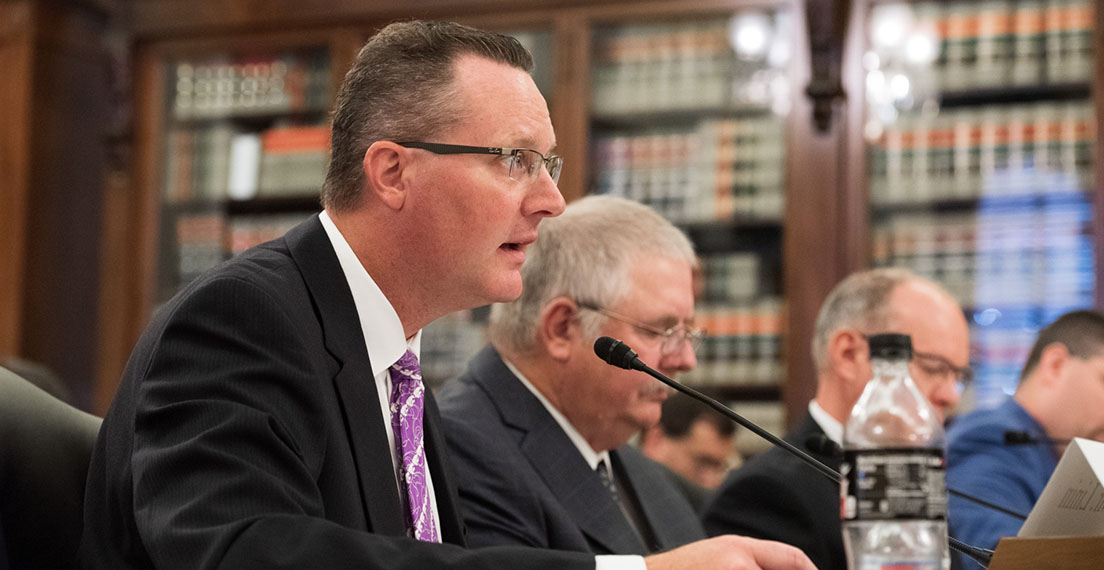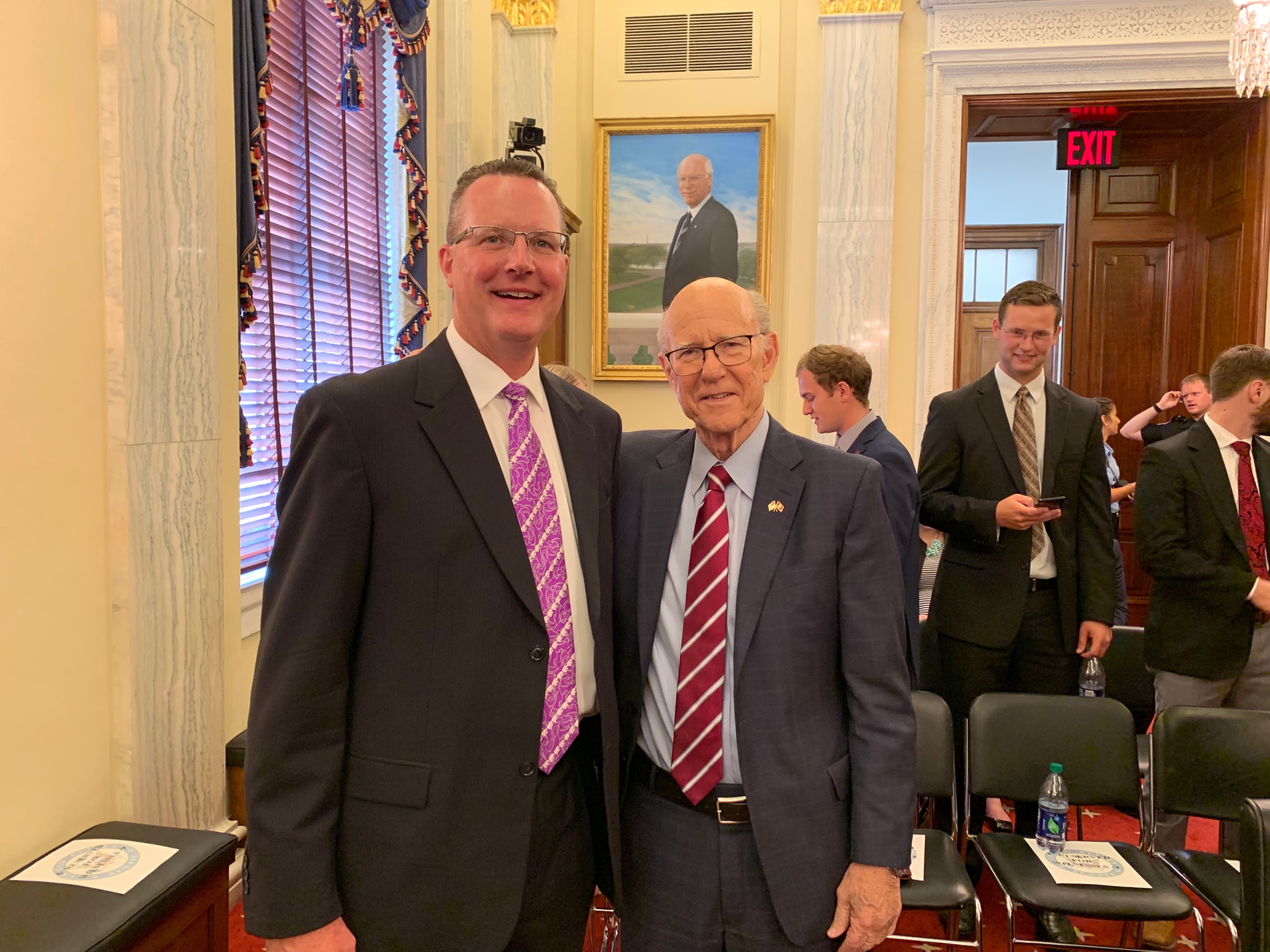U.S. Wheat Farmer Testifies on Importance of Grain Inspection System for U.S. Export Markets
Original news release by the National Association of Wheat Growers published here.
The Senate Committee on Agriculture held a hearing July 31, 2019, looking at perspectives around reauthorizing the Grain Standards Act. Brian Linin, a wheat farmer from Goodland, Kan., testified on behalf of the National Association of Wheat Growers (NAWG) on the importance of reauthorizing the Grain Standards Act. Linin also serves as a board member of the U.S. Wheat Associates and works for Frontier Ag, Inc.
Highlights from his testimony can be found below:
“The Grain Standards Act serves a critical role in exporting grains and oilseeds, including U.S. wheat, of which about 50% is exported each year. With such a large volume of wheat being exported, our export markets are critical to wheat farmers’ bottom lines…”
“The grain inspection system is one that is valued by our overseas customers and adds value to our commodities. Foreign customers can be assured that an independent agency has certified shipments to meet the grade requirements specified in a contract. This certainty and reliability has helped wheat and other U.S. commodities to grow our export markets and serves as a significant advantage of purchasing U.S. wheat versus wheat from other origins…”
“A properly functioning grain inspection system is critical, and we urge Congress to reauthorize the Grain Standards Act this year. Despite the significant impacts of tariffs on exports, U.S. wheat has maintained some competitiveness in the international market in part thanks to the advantage and premium international buyers place on the U.S. grain inspection system.”
“Given the current uncertainty in trade agreements and many of the bearish factors working against U.S. wheat exports, it is critical we maintain one of our key advantages. Foreign and domestic customers value an independent agency certifying shipments to meet the grade requirements of contracts.”
To read Brian Linin’s testimony in its entirety, visit NAWG’s site here.



